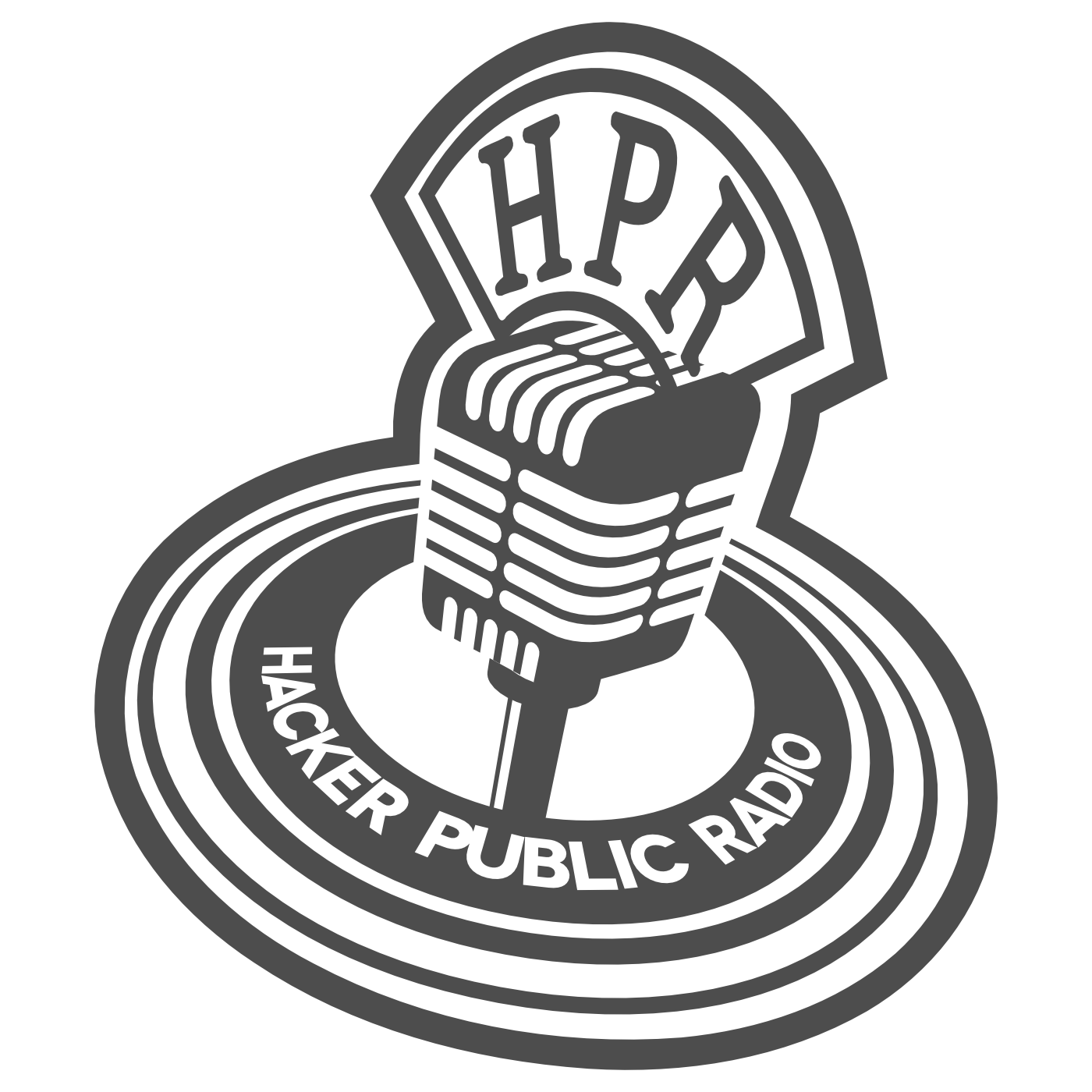Apr 19 2021 18 mins 77
Three good decades ago, Richard Stallman founded the free software movement and gave it a name. Two good decades ago there was a fork and Eric S. Raymond, Bruce Perens and others founded the open source software movement, and neglected to tell us who gave it a name. (it was Christine Peterson[0]) Ever since then, the free software side of the two movements has been careful to guard the boundary between the two, see Richard Stallman's essay "Open Source Misses the Point".[1] But lately a lot of people have increasingly been feeling that free software misses the point. Ironically a lot of this has been coming from the open source side of things, as the official free software philosophy has been firmly anchored with Stallman, and he hasn't been interested in moving his philosophy in more inclusive directions. For sure, there are a lot of people in free software who have been wanting to go in this direction as well. I've been thinking of it as a "free software plus", as it builds on the free software philosophy, but adds aspects of social responsibility. The fact that Stallman was forced to resign from being Free Software Foundation president two years ago was a sign that people inside free software cared about more than just the code and what freedoms it gives the recipient. A month ago, if you are listening to this on April the 20th 2021, a manifesto was published called "Towards A Communal Software Movement", and I'll get to that in a minute. I mentioned the names of the drivers of the previous movements, but this author has said "I intentionally left authors' names out of it"[2], and I think that makes sense. Part of the problems with previous movements has been this Great Man of History fallacy, which may have kept them focused and on track, but it has also held them back. The movement is young and has already changed names once as I was writing about it. The manifesto is now "Towards A Cooperative Technology Movement", and I have updated the shownotes and my commentary to reflect that. https://misskey.de/notes/8k0igd5tcd I see the difference between free software and cooperative technology similarly as the difference between open source and free software. There are certainly people within open source and on the Open Source Initiative board that look further than just the license, and treat open source like just another brand name for free software. But at its core, the Open Source Definition is all about the licensing and that document is the shared common ground for all open source. People write code for different reasons and there's a license and contribution model that allow them to come together without those differences of purpose getting too much in the way. So if the software and the license is "what" we're building, the philosophical documents of free software provide the guidance on "why" we are building it: We want to get away from proprietary software, we want to control our own computing, we want the freedoms to use, learn, modify and share, etc. Free software is about our freedoms. So just like "free" is right there in the name, maybe the "community" in "communal software" or the "cooperative" in "cooperative technology" is all about the "who": Who gets the freedom, who has the influence, who is affected. And again, lots of people in free software do care about community principles beyond code, care about social responsibility, but the shared baseline is the care for formal, technical and individual user freedom: If you receive the code, you are allowed the technical rights to update the code, the code or license should not restrict your freedoms, you, the recipient of the software, the hacker, the code contributor. It says nothing about practical user freedom and it says nothing about the community beyond the immediate user. That was my commentary. Now let's read the manifesto. https://cooperativetechnology.codeberg.page/ Before I saw the manifesto, I had written a draft list of aspects beyond licensing a [...]
